Are there organic gardeners who are also rigorous scientists?
gonebananas_gw
12 years ago
Related Stories
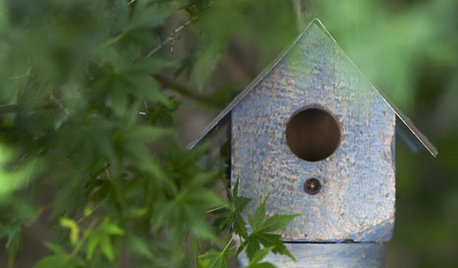
GARDENING AND LANDSCAPINGBe a Citizen Scientist to Help Wildlife, Learn and Have Fun Too
Track butterflies, study birds, capture stars ... when you aid monitoring efforts, you’re lending Mother Nature a hand
Full Story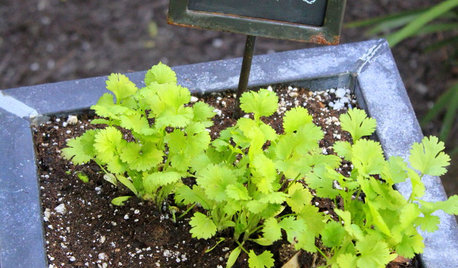
GARDENING GUIDESHerb Garden Essentials: Versatile Cilantro Adds Flavor to Herb Gardens
Love it or hate it, this cool-season herb contributes its unique flavor to any number or the world’s cuisines
Full Story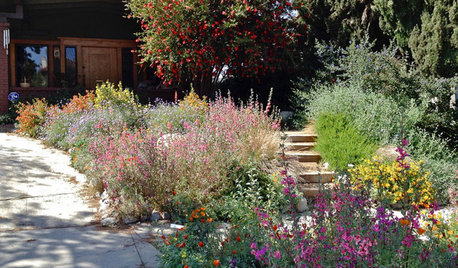
INSPIRING GARDENSNative Plants Bring 10 Southern California Front-Yard Gardens to Life
Rare plants, rain gardens and wildlife habitats are just a few of the features showcased on the 2016 Theodore Payne Native Plant Garden Tour
Full Story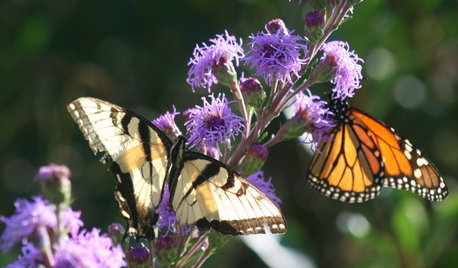
FALL GARDENINGWhat Monarch Butterflies Taught Me About Garden Design
Thinking like a butterfly leads to fresh perspectives in the garden and in life
Full Story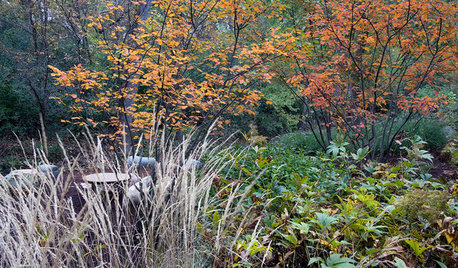
GARDENING GUIDES8 Native Shrubs for Year-Round Bird Feeding
It’s not just about berries. These plants provide insects for birds and seasonal interest for gardeners
Full Story
INSPIRING GARDENSWhat We Can Learn From Longwood Gardens’ New Meadow
Sustainability, ecology, native plant communities ... this public garden is brimming with lessons on horticulture for home gardeners
Full Story
EARTH DAYGrow a Beautiful Garden With Ecofriendly Greywater
Reducing home water waste means lower bills and a healthier planet. Here's how to set up a greywater home irrigation system that can help
Full Story
GARDENING FOR BUTTERFLIESGardening for the Bees, and Why It’s a Good Thing
When you discover how hard bees work for our food supply, you may never garden without them in mind again
Full Story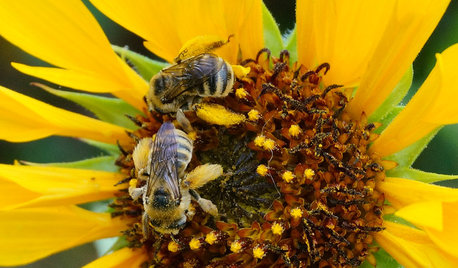
EARTH DAY12 Entertaining ‘Bee-haviors’ of Native Bees
The parade of pollinator antics is another reason to create a garden that nurtures native bees
Full Story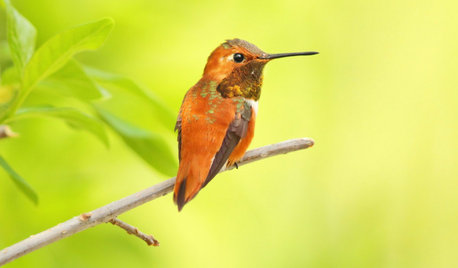
GARDENING GUIDESBackyard Birds: Invite Entertaining Hummingbirds Into Your Garden
Hummingbirds — unique to the Americas — zip through open landscapes seasonally or year-round. Here’s how to attract them
Full Story






chickenfreak
feijoas
Related Professionals
Carlisle Landscape Architects & Landscape Designers · Quincy Landscape Architects & Landscape Designers · Arlington Landscape Contractors · Corona Landscape Contractors · Duarte Landscape Contractors · Red Oak Landscape Contractors · Wareham Landscape Contractors · Northlake Landscape Contractors · North Aurora Landscape Contractors · Blue Springs Decks, Patios & Outdoor Enclosures · Fort Pierce Decks, Patios & Outdoor Enclosures · Kernersville Decks, Patios & Outdoor Enclosures · Kissimmee Decks, Patios & Outdoor Enclosures · Lake Morton-Berrydale Decks, Patios & Outdoor Enclosures · White Bear Lake Decks, Patios & Outdoor Enclosuresgonebananas_gwOriginal Author
gonebananas_gwOriginal Author
gonebananas_gwOriginal Author
pnbrown
pbl_ge
chickenfreak
Kimmsr
joeschmoe80
jolj
TheMasterGardener1
pnbrown
coconut_head
RpR_
TheMasterGardener1
gribbleton
TheMasterGardener1
TheMasterGardener1
maplerbirch
pnbrown
jolj
maplerbirch
pnbrown
wayne_5 zone 6a Central Indiana
maplerbirch
pnbrown
TheMasterGardener1
myluck
TheMasterGardener1
myluck
RpR_
david52 Zone 6
wayne_5 zone 6a Central Indiana
myluck
RpR_
billy_b
schizac
TheMasterGardener1
david52 Zone 6
maplerbirch
nc_crn
pnbrown
nc_crn
wayne_5 zone 6a Central Indiana
topsoilusa
pnbrown
TheMasterGardener1
pnbrown
maplerbirch